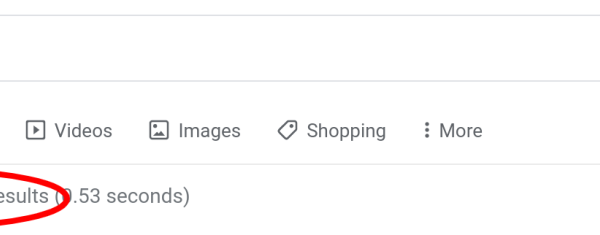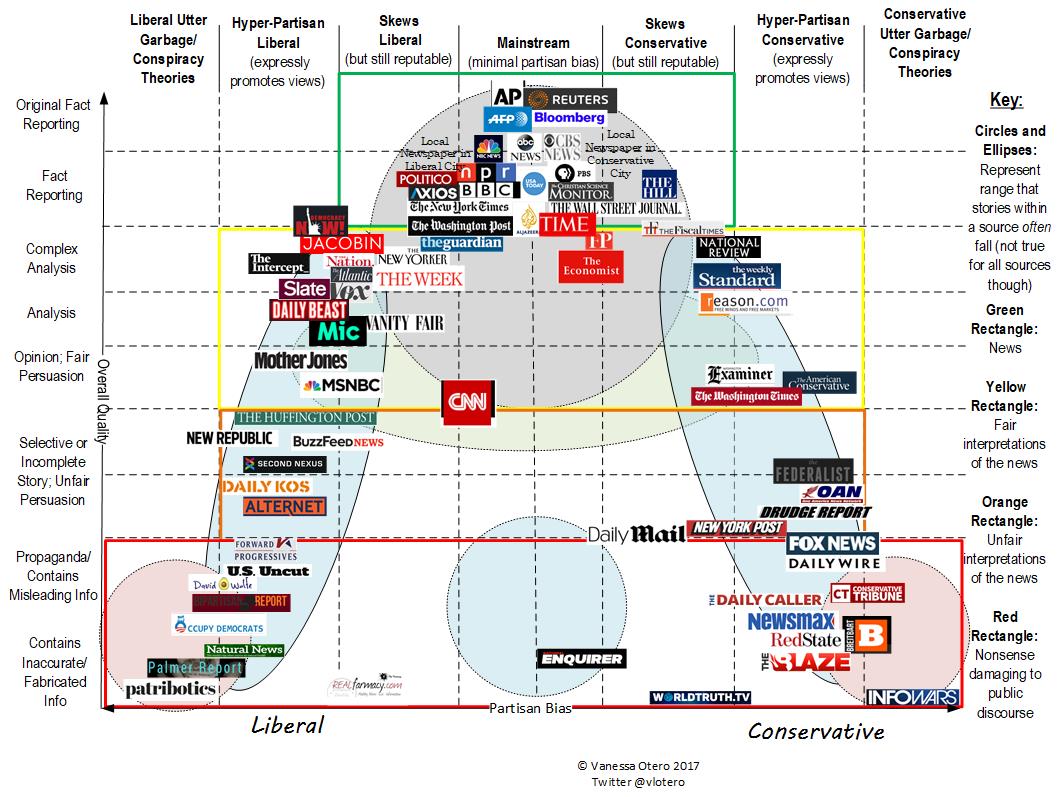I haven’t posted for some time.
The hospital I work at was hit very hard by COVID-19 and I’m still working on getting recharged for activities like blogging, but the pandemic did play a role in inspiring this post.
I’ve been thinking a lot about the convergence of several cultural trends:
- historically unprecedented access to information;
- the atomization of media and information sources;
- the tribalization of media and information sources;
- scientism as a cultural force that:
- lacks epistemic humility;
- is often dismissive of experiential knowledge;
- is often dismissive of outcomes that can’t be easily quantified and measured;
- faces a replication crisis;
- a crisis of faith in expertise and experts;
- an epistemic crisis creating a cultural inability to agree on facts (not the meaning of the facts, but the basic facts themselves);
- postmodern destabilization of traditional concepts and models, including addiction and recovery; and
- a cultural moral realignment from moral impulses like sanctity, authority, and loyalty to fairness and care.
How do these larger trends affect addiction, recovery, and treatment?
This is not an argument for or against anything, just a collection of observations as I’m trying to make sense of the pull and push forces affecting the field for better and for worse.
Information overload

20 years ago, getting information on heroin addiction would require speaking with a doctor or counselor, or visiting a library. Today, in 0.53 seconds, one can have access to more than 40 million web pages about heroin addiction.
Atomization of information
Access to information is a good thing, but how does one begin to approach 40 million units of information?

It’s unapproachable. And, if one of those pages is yours, how do you distinguish yourself and find an audience?
This sea of information is going to be segmented by author, audience, style, etc. Furthermore, this isn’t one unit of information repeated in 40 million places with differences in the way or place it’s presented. The internet and social media has made it possible for everyone to create content. This information itself varies widely in focus, depth, and accuracy.
This is what I’m referring to as atomization–one topic generating 40 million units of information and those units being spread and sorted across millions of information sources.
Tribalization of information
As information gets atomized, some of it might sort by audience–for example moms, kids, healthcare providers, etc. Other sorting will be focused on advancing one ideology or perspective, often at the expense of another.
This is where we get into medication vs. drug-free, 12 step vs. CBT, abstinence vs. harm reduction, medical vs. psychosocial, etc.
As information gets sorted by these tribes, actors create their own content for their own tribe. Information sources become trusted not because of their rigor and accuracy but because of their fidelity to the messages/goals/values of the tribe. This elevation of fidelity to the cause over truth results in echo chambers and feedback loops that are increasingly unmoored from truth and isolated from conflicting information. These echo chambers increase tribalization by elevating the most extreme voices and escalating tension with other tribes through misinformation, straw men, and attribution of bad motives.
Scientism
While there’s no single definition of scientism, it generally refers to “the idea that all forms of intellectual inquiry must conform to the model(s) of science in order to be rational.” The term is often used pejoratively when science is invoked to dismiss an argument or position.
The premise that science can answer all questions sets up a few conflicts.
- If science can answer all questions, science can tell us what to value. Values that are not rooted in science can only lead us astray. They have no place in decisions about policies or treatments for addiction.
- Science values what can be measured and tested. It favors outcomes that can be easily quantified and measured. Abstract outcomes like “better than well” and outcomes that take years to evaluate are dismissed by scientism.
- Science-based arguments can often be constructed to support more than one position, including conflicting positions.
- Invocations of science often (knowingly or unknowingly) conceal values behind policy or treatment positions.
- Experiential knowledge is dismissed as anecdotal and invalid.
Moreover, medicine and the social sciences are facing a replication crisis that is unacknowledged by many advocates and used by others as a reason to dismiss scientific knowledge all together. One would hope that this would lead to epistemic humility, but seems like too great a hope.
A crisis of faith in experts
I recently heard a few relevant observations:
- Too many people think expertise means having a lot of information about something. And, as noted above, people have unprecedented access to information today. Having information does not make one an expert. Expertise is information plus experience.
- Experts (and politicians) are expected to have answers to questions that no one has answers for. We punish them for not knowing and then seek people who will provide an answer.
- Martin Gurri noted the following about COVID-19, “The experts, the people who knew the most, didn’t know that much, but they had to pretend that they did. And, that’s where you get in trouble.”
Epistemic crisis
This crisis of faith in experts (and the other trends) creates the conditions for an epistemic crisis, which David Roberts described as a split “in who we trust, how we come to know things, and what we believe we know — what we believe exists, is true, has happened and is happening.”
Similarly, Martin Gurri described the 21st century as post-truth, “as I define it, signifies a moment of sharply divergent perspectives on every subject or event, without a trusted authority in the room to settle the matter.”
This is a larger cultural phenomenon with disputes about whether there are caravans of foreigners entering the country, whether voter fraud is a widespread problem, and whether COVID-19 is under control.
In our space we see arguments about whether 12 step programs are effective, whether MAT is effective, the dangers of various drugs, whether one can OD on fentanyl by touching it, whether opioid prescribing had anything to do with the opioid crisis, whether moderate use is an appropriate goal for people with addiction, etc.
The explosion of information has eroded deference to experts by providing a platform for dissident experts, and exposing intentional and unintentional misinformation from experts. The internet and social media has also provided a platform for anyone to claim expertise. Expert status used to be a result spending time in institutions learning and practicing. These institutions were formative–they molded people. The new information landscape allows people to claim expertise outside of these institutions. It also allows people who have not yet been molded by an institution to use an association with the institutions to promote themselves.
It’s worth noting that our field has its own history of experts overstating the harms of many drugs, the prevalence of some drugs, over-extending the concept of addiction, and over-diagnosing addiction (particularly in young patients).
Destabilization of shared concepts
All of the above create the conditions for not just instability in our ability to determine or agree upon what’s true, but whether our underlying assumptions are true. Whether things like addiction and recovery are just social constructs.
For example, recent years have witnessed questions about:
- Whether addiction is a valid concept, or whether it’s chaotic use related to trauma and/or environmental conditions.
- Whether addiction is a prerequisite for recovery.
- Whether most of the harms associated with “addictive” drug use are due to it’s social and legal status.
- Whether “recovery” can include use of alcohol, tobacco, or non-prescribed use of substances with addiction potential.
- Whether definitions of recovery even need to address alcohol and other drug use.
Moral realignment
Realignment might be too strong a word here, but let me explain what I’m thinking.
Jonathan Haidt’s moral foundations theory suggests that there are 5 (or 6) universal moral impulses underlying the moral systems of every culture. The 5 (and the proposed 6th) moral impulses are:
- Care/harm
- Fairness/cheating
- Loyalty/betrayal
- Authority/subversion
- Sanctity/degradation
- Liberty/oppression
They believe everyone values each impulse to some degree but values some more than others. (It’s worth noting that a moral impulse can be expressed in a broad range of ways. For example, sanctity may be expressed as sexual purity or as eating “clean.”)
They’ve also proposed that political ideology predicts the moral judgments. Liberals tend to emphasize the Care, Fairness and Liberty dimensions (characterized as individualizing); conservatives the Loyalty, Authority and Sanctity dimensions (characterized as binding).
While political power is unstable and shifting frequently, it could be argued that liberals are winning the culture and that this is resulting in a increasing cultural emphasis on care, fairness and liberty while diminishing loyalty, authority and sanctity.
This invites the question, how does this affect beliefs about drug use, addiction, recovery, and drug policy?
Follow the science!
One of the things that brought this post to mind watching the coverage of the COVID-19 pandemic unfold. It seemed like an opportunity to restore faith in experts and institutions. Unfortunately, we watched a lot of these patterns repeat themselves.
One of the refrains I heard frequently was “follow the science!”
I hear this a lot in addiction treatment and recovery too. I find it frustrating. Not because I don’t value science, but I find that a useless statement.
My response is, “follow the science to what?”
Science can help us understand what is and what is possible, but it can’t tell us what endpoint to want. And, the trends above will shape our understanding of the problem(s), the solution(s), the good, etc.
For example, with COVID-19, the question may be, “what course of action would result in the fewest deaths and is medically, socially and economically sustainable for up to 18 months?” In the case of addiction treatment, the question may be which treatment will “get me back to the way I used to be” or “help me have a normal life with a job, a house, kids, friends and family.”
Science can provide valuable data and clues to help us achieve our goals, but it can’t answer many of the questions that are most important to us.
Unfortunately, conversations about these questions and the trends that shape the discussion do not lend themselves to social media posts.

